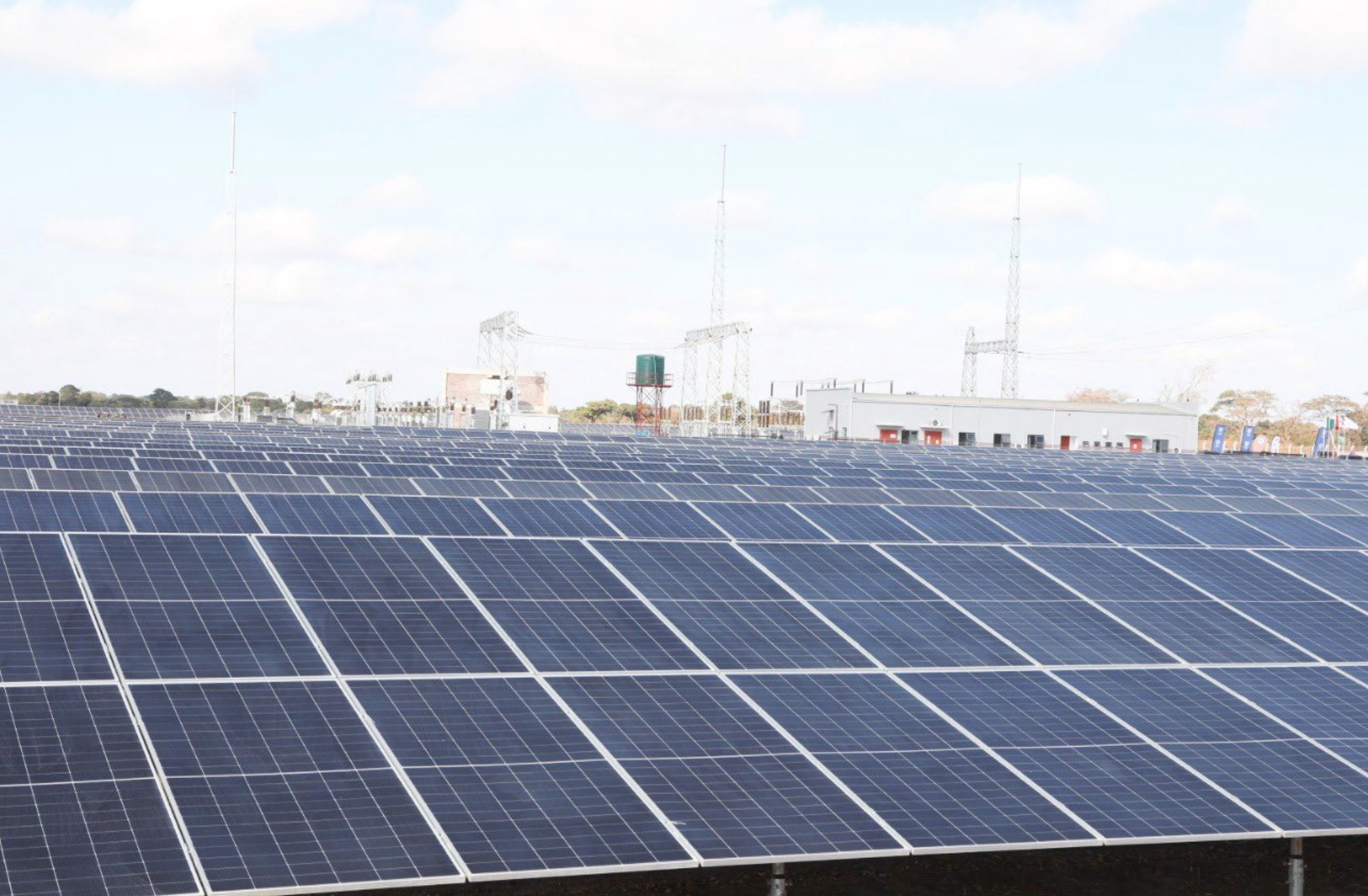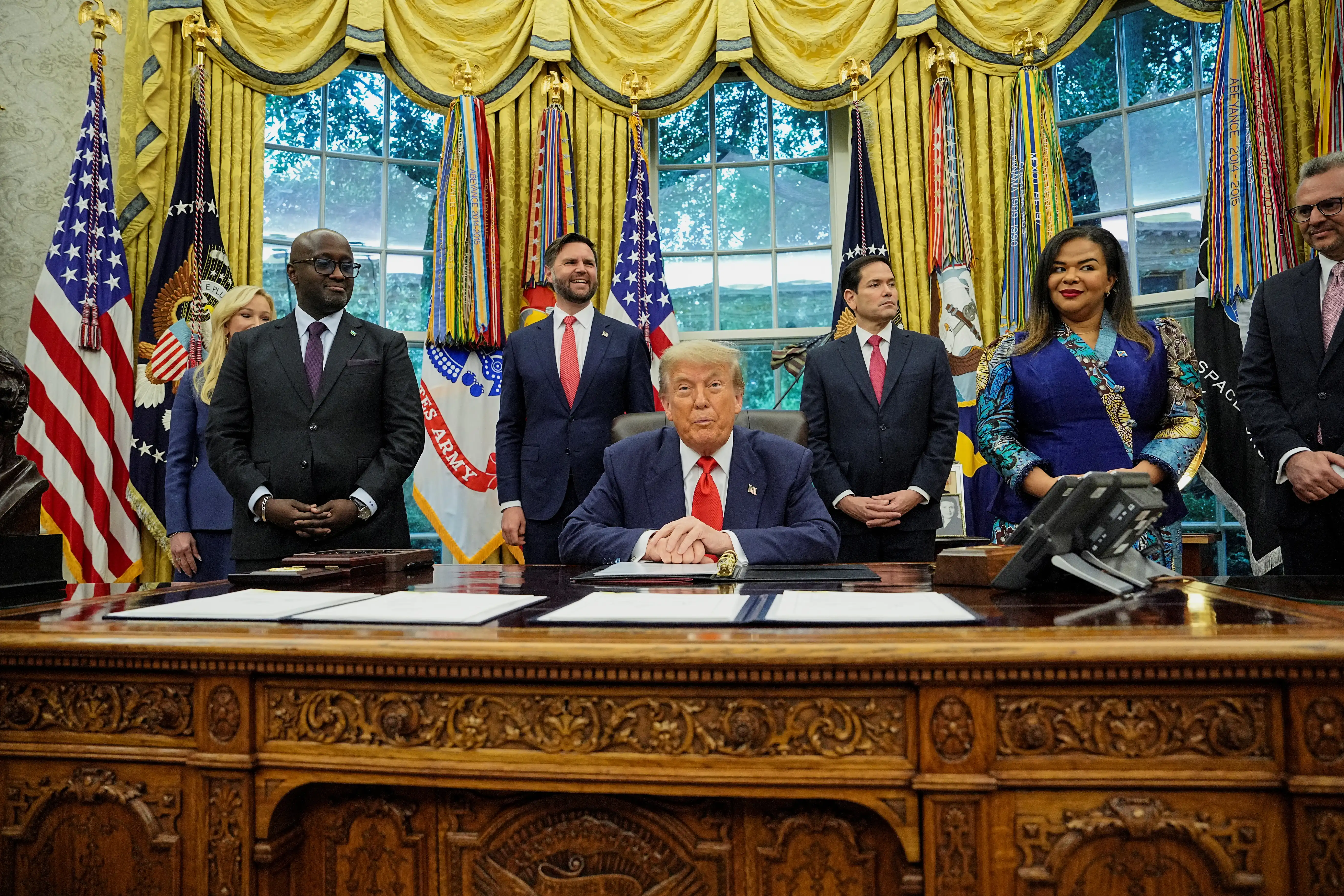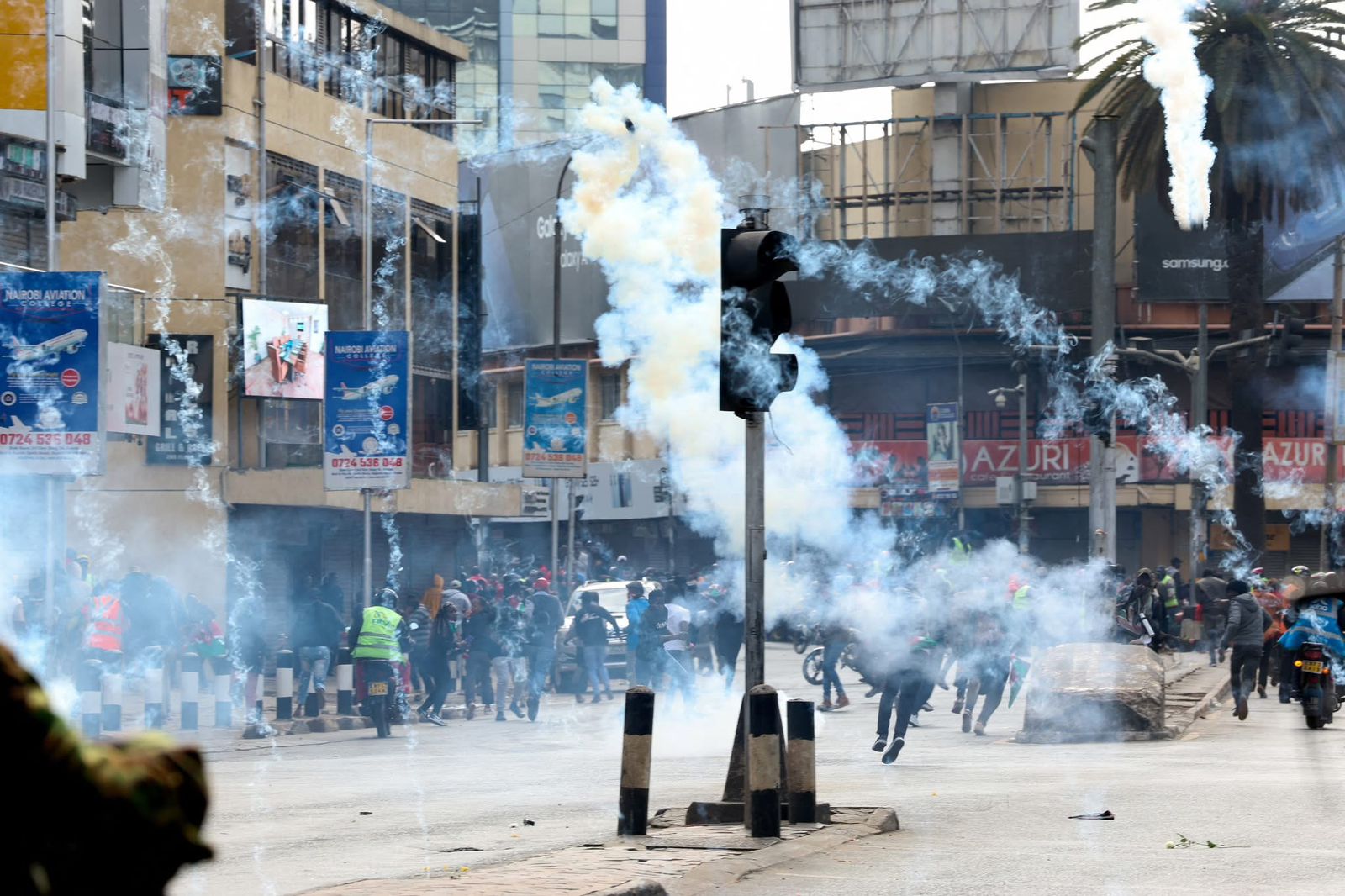Libya eyes fuel marking, boat seizures, to counter fuel smuggling

Libya’s National Oil Corporation is considering using a chemical marking system to help trace oil products smuggled out of the country.
National Oil chairman, Mustafa Sanala also wants the European Union naval mission to assist in fighting smugglers by seizing their ships in the Mediterranean.
Smuggling networks have flourished amid the political turmoil and armed conflict that developed following Libya’s 2011 uprising. Groups are often involved in multiple types of smuggling, making huge profits from illicit sales of fuel and the transfer of migrants toward Europe.
Sanalla further said the United Nations should consider sanctioning smugglers and urged Libya to reform massive subsidies that allow fuel to be sold for as little as 2-3 U.S. cents per litre
“The fuel smugglers and thieves have permeated not only the militias which control much of Libya, but also the fuel distribution companies which are supposed to bring cheap fuel to Libyan citizens,” Sanalla told an inaugural Oil and Fuel Theft conference in Geneva.
Between 30 and 40 percent of fuel refined in Libya or imported into the country is stolen or smuggled, according to the NOC. Libyan vessels smuggle mainly diesel to international ships offshore, while gasoline is diverted to roadside sellers or smugglers who operate across Libya’s land borders.
Action taken so far — including Italian prosecution and U.S. sanctions against smuggling networks and a ditch and berm built by Tunisia on its border with Libya — had “not been enough to create a major disincentive for the fuel smugglers”, Sanalla said.
Though local officials say they are trying to crack down on fuel smuggling, fuel is still allocated to in operational or “ghost” petrol stations. Prices are among the lowest in the world, though rampant smuggling means petrol shortages are common and Libyans often pay a higher, black market price.






